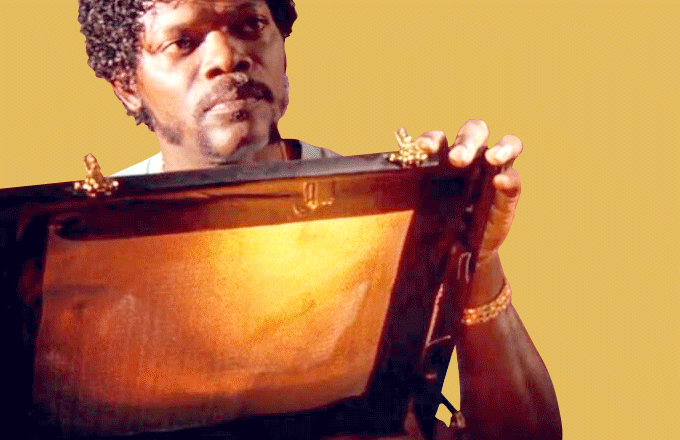This is the greatest money maker in the last 50 years

Australians have generally become wealthier in the past couple of generations, thanks to a mix of good fortune and prudent economic management.
But one particular financial invention, according to experts, stands out as a very useful tool for everyday folks.
The founder and chief executive of share advisor app Stockspot, Chris Brycki, told Yahoo Finance that low-cost index funds make it easier for retail investors to mimic what the large funds do.
"Stockspot basically only recommends index funds... I think they're wonderful and probably the best financial invention of the last 50 years," he said.
"I would have loved it if they were around when I was a kid and when my parents were investing. A lot of the older generation could have invested a lot smarter and made more money if they were buying [index funds] rather than picking shares."
Index funds are managed pools of investment that attempt to follow the general performance of a market, rather than trying to outperform it.
These funds work by investing themselves in a mix of companies that are very much representative of what the overall market is about.
The advantage is that mum-and-dad investors can diversify their investments in one go, rather than trying to buy a piece of each different sector themselves.
The most famous share investor of all-time – and the fourth wealthiest person in the world – Warren Buffett, is also a huge fan.
"Both large and small investors should stick with low-cost index funds," he wrote in a letter to Berkshire Hathaway shareholders in 2017.
Buffett himself has instructed 90 per cent of his estate be put in an index fund for his family when he passes away.
The man dubbed the Oracle of Omaha said that investors who directly invest in shares and fund managers who attempt to outperform the market inevitably fail, because no one owns a crystal ball.
"The probability is also very high that the person soliciting your funds will not be the exception who does well."
What about the haters?
There has been some criticism that the explosion in popularity of index funds and ETFs are leading to a bubble that is distorting the market.
That is, if there are a large group of people unwilling to invest directly into a real company, but want to park their money with a fund that merely simulates the experience, is it healthy?
Brycki suspects such cynicism originates from highly paid fund managers and traders who are losing out on exorbitant fees.
"There are so many people in the financial world who are very threatened by ETFs and indexing because it's basically eating their lunch – they're losing clients and fees," he said.
"It's completely not based on any sort of evidence."

Follow Yahoo Finance Australia on Facebook, Twitter, Instagram and LinkedIn.

 Yahoo Finance
Yahoo Finance 